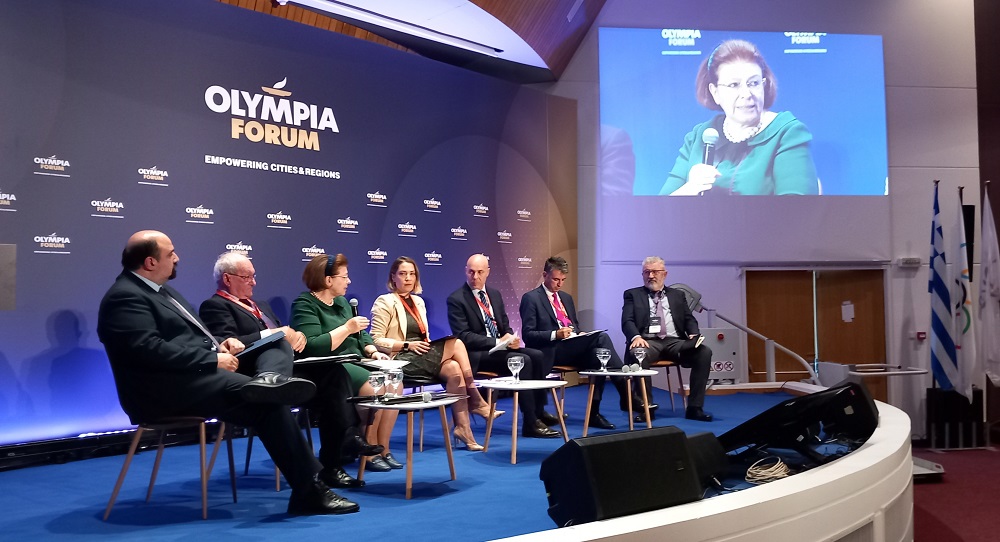
The catalytic role of culture as a tool for development -local, regional, national- and the visible reflection of this dynamic at the level of the production process, with benefits for employment and the well-being of local communities, developed the Minister of Culture and Sports Lina Mendoni, speaking at the Olympia Forum III.
In a dialogue with the journalist Sotiris Polyzo, Lina Mendoni, through objective evidence of the cultural projects currently being carried out throughout the country, presented the contribution of culture to the local, regional and national economy.
“Culture is directly intertwined with regional development. Greece has registered – to date, as new ones are being discovered every day – 21,000 real estate monuments and archaeological sites. This dispersal of monumental assets has resulted in culture acting as a tool for regional development. It is a catalyst for economic and social prosperity for local communities. In 2019, Prime Minister Kyriakos Mitsotakis included the Ministry of Culture and Sports among the productive ministries, precisely because the role it can play in the regional and national economy is very important. The growth potential of culture is now visible. The international literature presents the culture economy in its own right, recognizing culture as a distinct economic sector, because culture uses resources with which it produces goods and services, generates income and jobs, and attracts and induces investment. In this sense, it has strong growth potential.
The Ministry of Culture and Sport is implementing a major programme of projects. Through the Regional Operational Programmes of the NSRF 2014-2020, it is implementing 399 projects with a total budget of 424,000,000 euros. Through the Recovery Fund, the Ministry’s services are implementing – to date – a programme of 114 projects with a budget of 317,000,000 euros. From the Recovery Fund we have secured resources of more than EUR 500 million. By the end of the year, the remaining projects, with a total budget of approximately EUR 200 million, will be included. We are also running a programme of 188 projects throughout the territory, either through programme contracts or through participation in third party projects. The total budget of the cultural projects under these three distinct sections exceeds EUR 1 billion. These projects, particularly those carried out by the services of the Ministry of Culture and Sport through self-contracting, employ more than 4 000 people. If the projects carried out by contractors are also taken into account, it is easy to see that the Ministry of Culture and Sport is one of the largest employers. These figures are objective proof of the imprint of culture on the economy. Also, let us not forget that cultural heritage assets create goodwill in any project, public or private. With full application of the provisions of the archaeological law, the protection of our cultural heritage is fully compatible with investment and public utility projects. At the same time, the Ministry of Culture, through the projects it implements, makes a decisive contribution to the competitiveness of the tourism product and absolutely enhances cultural tourism, which has been proven to cover 40% of tourism revenues in general. Investments in the promotion and restoration of cultural heritage lead to higher quality and higher income visitors”.
With reference to underwater archaeological tourism, the Minister of Culture and Sports spoke about the four shipwrecks in Pagasitikos that have been attributed to citizens as accessible underwater archaeological sites, highlighting the identity of the region and attracting high level and income tourism.
Regarding the development of the former royal estate in Tatoi, Lina Mendoni said that the Ministry’s services are already carrying out a model project, all the resources have been secured from the Recovery Fund, the NSRF, private sponsorships and national resources. By the end of 2025, a very large part of the estate will be returned to the citizens. In order to contribute to the local development and economy, at an operational and management level the expertise of the Prince’s Foundation at Dumfries House is to be utilised.
On the previous day, participating in the Forum’s thematic theme “Holistic study of the reconstruction of Ilia with a focus on Ancient Olympia”, the Minister of Culture and Sports, Lina Mendoni, developed the Ministry’s strategy for managing the impact of the climate crisis on cultural heritage and the model of cultural routes as a means of interconnecting the monumental and natural wealth of Ilia with an active role of the local community and local entrepreneurship.
Regarding the climate crisis, Lina Mendoni said that “we are implementing a coherent strategy on the issues of the impact of the climate crisis on cultural heritage. Plans are underway to adapt specific archaeological sites and monuments to the climate crisis. By 2025, these plans will be completed for 19 major archaeological sites. At the same time, we are preparing – and will have completed by 2025 – the National Plan for the protection of cultural heritage from the effects of the climate crisis. In the recent European Union report on the impact of the climate crisis on cultural heritage, Greece is the only country with a National Plan to address these impacts.”
Regarding the exploitation of the model of cultural routes in Ilia, Lina Mendoni, pointed out that “it concerns both the State and the local community. Ilia has unique natural and cultural wealth. However, this wealth has little share, at present, in the local economy and development. Obviously, the Ministry of Culture will create the necessary infrastructure. But local business, if it wants to manage the tourist product competitively, will also have to adopt and promote the wealth available in the region, so that cultural routes can be created, with the already well-known and popular archaeological sites and monuments or natural landscapes as the main poles. These should be combined with new emerging tourist destinations. In this way, the new routes will play an essential role in creating experiences, and thus participate in the experience economy.

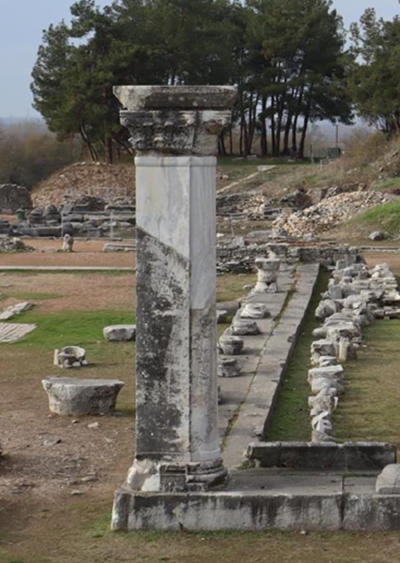
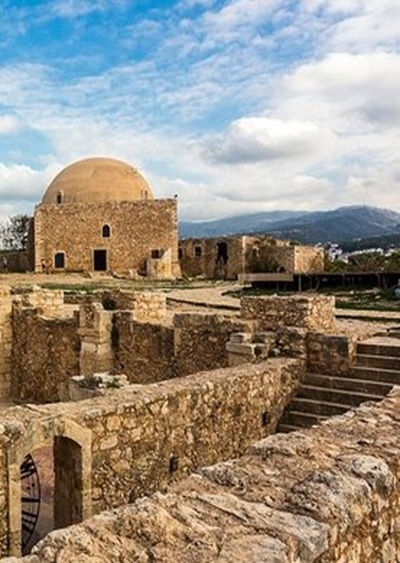
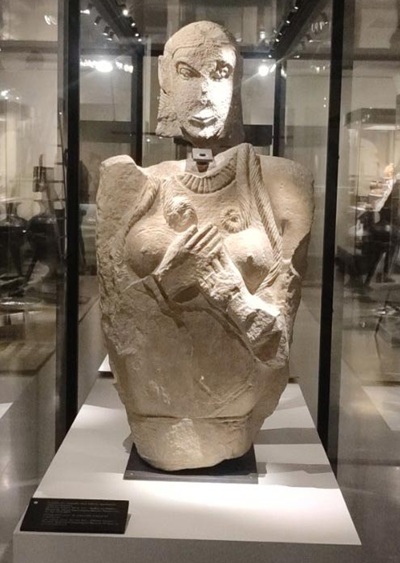
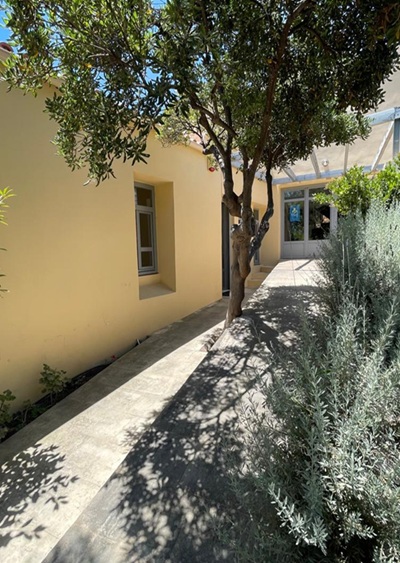


Leave A Comment